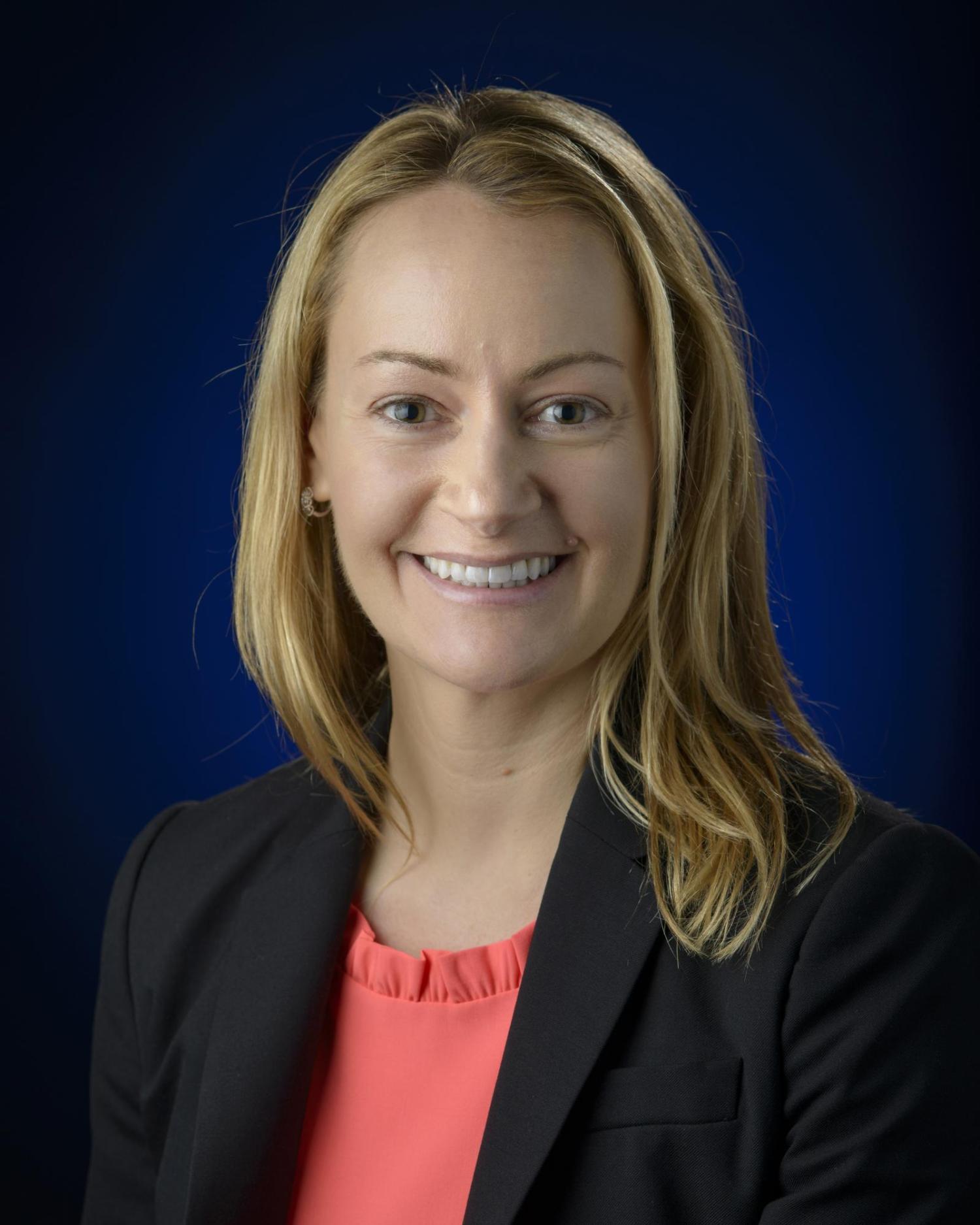Erica Rodgers
- Member 2019 - 2027

Federal Aerospace Engineer with a Focus on Government-Wide Collaboration
Dr. Erica Rodgers leads Science and Technology Partnerships within NASA’s Office of the Chief Technologist. Rodgers establishes government-wide collaboration frameworks in technology areas where interagency teamwork is beneficial. She leads coordination and facilitation of partner dialog, collection of data, and data analysis. Resulting recommendations are used to advise and advocate on matters concerning agency-wide technology policy.
Rodgers previously served as an aerospace engineer at NASA’s Langley Research Center in Hampton, Virginia, where she performed systems analysis of Mars exploration architectures. Rodgers developed a software program used to analyze and integrate complex human and robotic exploration system capability engineering developments and space technology maturations into comprehensive visualization roadmaps.
Prior to joining NASA in 2014, Rodgers worked in academia for a total of 18 years. Rodgers performed research of dust grain environments surrounding forming stars using Hubble Space Telescope observations and radiation transfer models. Rodgers served as a research scientist for the Space Science Institute headquartered in Boulder, Colorado, while teaching astronomy and astrophysics at several colleges and universities, including Benedictine College, Embry Riddle Aeronautical University, Arizona State University, and Estrella Mountain Community College.
As a research assistant at the Geophysical Institute and at the Laboratory for Atmospheric and Space Physics, Rodgers developed science instrumentation for successful satellite and sounding rocket missions, including SNOE (Student Nitric Oxide Explorer) and TIMED-SEE (Thermosphere Ionosphere Mesosphere Energetics and Dynamics Solar EUV Experiment). She performed data analysis and computer modeling of solar X-rays and their impact on the nitric oxide in Earth's upper atmosphere using data from the instruments she designed and launched.
Rodgers worked in the aerospace industry for three years in parallel to conducting research; as a systems engineer at Spectrum Astro in Gilbert, Arizona, and as a Lockheed Martin satellite operations shift manager at the NOAA tracking station in Fairbanks, Alaska.
Rodgers received her doctorate in space physics from the University of Alaska Fairbanks, and her Bachelor of Science and Master of Science in aerospace engineering from the University of Colorado at Boulder. Rodgers has authored or co-authored numerous technical and journal papers, is a fellow of the NASA Graduate Student Researchers Program, and is the recipient of two NASA Group Achievement awards and the NASA Early Career Achievement Medal. Rodgers is a native of Pueblo, Colorado.

